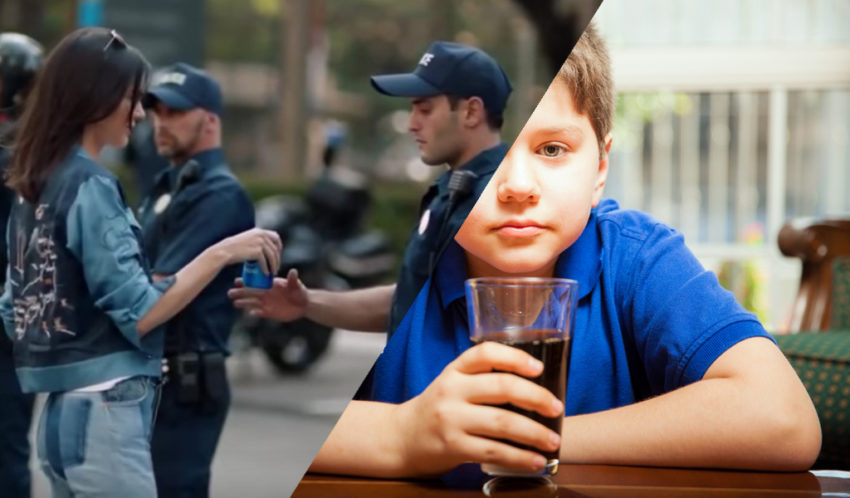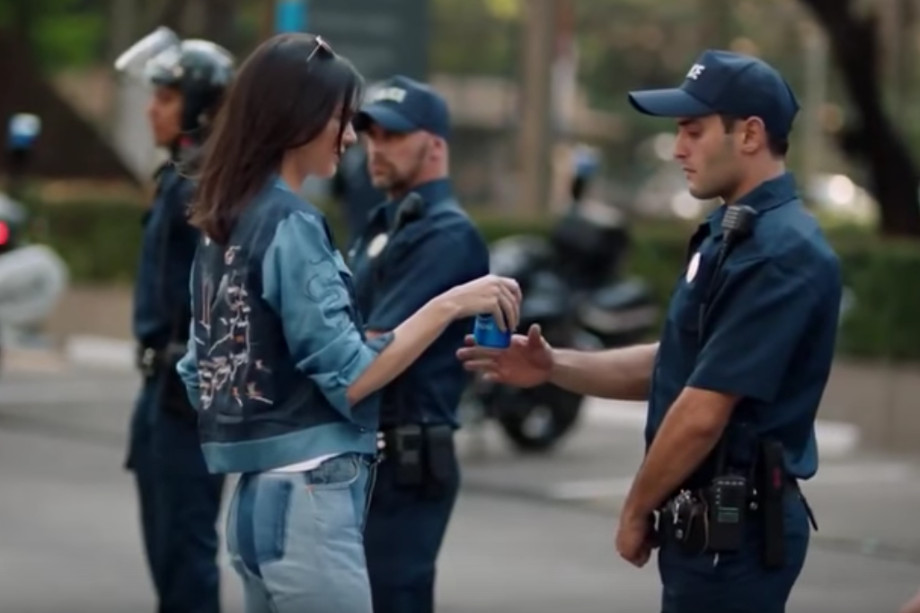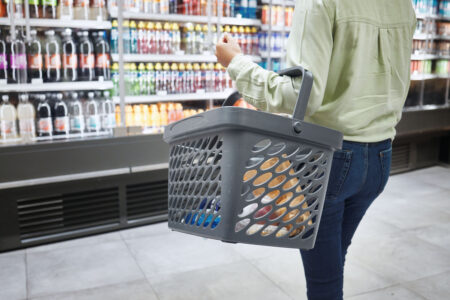
Share On Social!
Have you seen Pepsi’s soda ad that it yanked after big public outrage?

It shows a staged protest with good-looking multicultural crowd and model Kendall Jenner. Jenner gives a Pepsi to a police officer. He smiles, everyone’s happy. Social justice delivered and police brutality solved—by soda.
The ad sparked a storm of criticism, for some obvious reasons.
Even scarier is that sugary drink marketers continues to exploit Latino and Black youth, and stir obesity issues in these groups, according to commentaries by Vox‘s Julia Belluz and The Washington Post‘s Michelle Singletary.
Belluz writes:
“The public health community has long argued that big soda’s targeting of African Americans and Latinos is exacerbating health problems in those communities. We now have a big pile of evidence that sugary drink consumption is linked to health problems, including obesity, Type 2 diabetes, and tooth decay.”
Latinos and Sugary Drinks
Sugary drinks recently surged into the national health spotlight.
Research and a video by Salud America! found that Latino kids consume sugary drinks more than their peers at all ages. Salud America! is an obesity prevention program at UT Health San Antonio, supported by Robert Wood Johnson Foundation.
Singletary wrote that pushing sugary drinks increases healthcare costs due to obesity:
“All Americans, regardless of their sugary-beverage consumption, are fronting the costs of obesity-related diseases through their taxes and higher insurance premiums.”
Latinos are highly exposed to marketing by beverage companies.
Pepsi spends big on promoting soda to minorities, according to the Center for Science in the Public Interest, cited by Belluz.
“PepsiCo spent $33.6 million on all Hispanic-targeted media in 2013 and has created products such as Pepsi Limón, aimed at appealing to Hispanic consumers,” she wrote.
Such marketing increases racial/ethnic health disparities, Belluz said.
“It’s helped contribute to the glaring health and mortality gaps between black and white Americans. Those inequalities are worth pausing over — in real life, not in a soda ad.”
What Can We Do?
Health advocates are raising awareness about the health effects of too much sugar.
For example, in mostly Latino San Antonio, health advocates slammed the beverage industry for defending sugary drinks.
“You simply cannot have a serious discussion about diabetes and obesity without addressing sugar consumption broadly and sugary drinks specifically,” said San Antonio registered nurse Suzanne Lozano. “That would be akin to trying to prevent lung cancer without discouraging smoking.”
Also, research by Salud America! suggested emerging solutions, such as:
- Increasing the prices of sugary drinks reduces consumption and, ultimately, could improve health.
- Early childcare centers play a big role in reducing serving of sugary drinks, and promoting more water.
- When elementary and middle schools replaced vending machines with water jets in New York, students were less likely to be overweight.
Water heroes are also promoting water over sugary drinks.
Read more about water heroes, solutions, and sugary drinks at Salud America!
By The Numbers
74
percent
of Latino kids have had a sugary drink by age 2 (vs. 45% of white kids)



